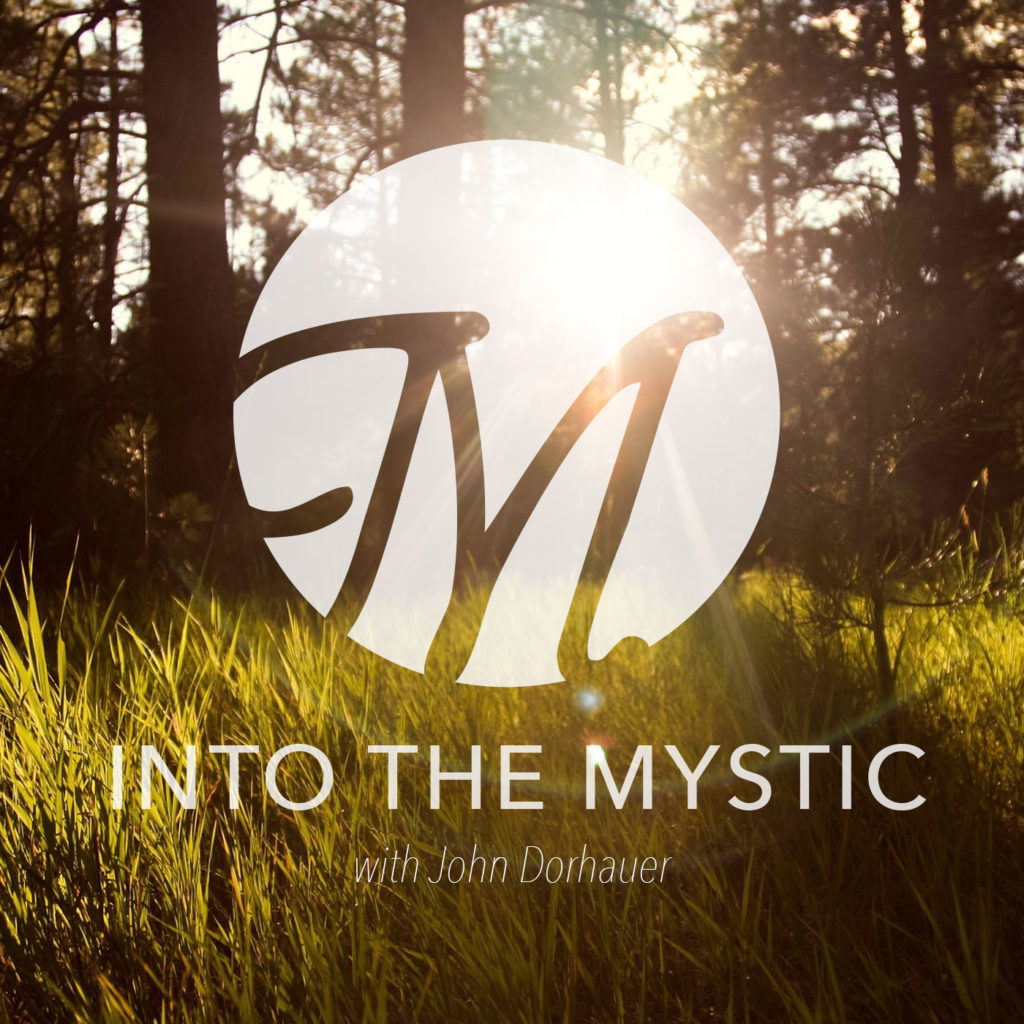Me, Too
Listen to the podcast
Read the transcript
A number of years ago, while I was serving as a local church pastor in a small town in Southern Missouri, a dear old friend dropped by unexpectedly for worship one Sunday morning.
He had a beautiful Irish tenor voice, and I imposed upon him at the close of the service to come forward and sing something for us. He asked our pianist to turn to a page in the Hymnbook, and began singing “In the Garden.” He finished the first verse, and told the pianist to keep playing while he told a story.
The story was about a lecture he heard in seminary about this very hymn, and its terrible theology. Jesus walks with ME, talks with ME. How very self-centered of us to think that, the professor said. He went on and on about the arrogance of such a personal Jesus theology.
After the lecture, he was confronted by one of the students. She told him that she was raped by her father all throughout her childhood. She told him that the only thing that kept her together through the hell she lived through was going into her backyard and finding peace with Jesus, who would visit her and comfort her. As my friend finished this story, he began singing the second verse of In the Garden. I, and many in the congregation, were weeping.
I have spent time over this weekend reading social media posts from many who have told their “Me, too” stories of sexual trauma. It has brought on a whole new flood of tears.
I read a long time ago that upwards of 60% of women have experienced some form of sexual trauma. When I first learned that I was in disbelief. Not any more.
In my early seminary years, I studied philosophy – a particular brand that taught that mind and body were separate entities. The body represented physical attributes of a lower order; and the mind represented spiritual matters of a higher order. I am discovering through the living of my years how misguided that notion is. Both the mind and the body are sacred and deserve our love and care. Trauma to one has a deep and profound affect on the other. You can’t damage the body without damaging the psyche; and you can’t damage the psyche without the body manifesting the pain.
Sexual trauma is a demeaning, degrading, humiliating experience that damages mind, heart, soul, body, spirit.
The church to which I have given myself in ministry has long been in denial about the experiences of those who suffer sexual abuse. Because we buy into the notion of the separation of body and mind, we tend to see the physical acts of intimacy as dirty, signaling to our members that whatever happens to their body should stay in the privacy of their own homes. We effectively shame the victims of sexual trauma into silence, becoming complicit ourselves in the unfolding of the spiritual trauma that follows because of that.
Our journeys Into the Mystic are not always comfortable ones. Some of the experiences we encounter do real damage to our whole selves. To be asked to remain silent, to ignore or to deny the pain, the trauma, and the anguish is in and of itself traumatizing.
I have seen those ravaged by sexual trauma heal. It takes an incredible amount of courage and vulnerability. To be a spiritual healer, or belong to a community that can participate in such healing, you must become an active agent that creates safe space in which trauma can be named without shame. This can’t be done without some training and education – and any agent of healing should find the time to learn how to manage this effectively.
To see the Church as the Body of Christ is to participate in its healing ministry. We bring our whole selves to our sacred – including our wounded self. Today, I lift up in prayer those who bring deep wounds to the sacred places where they seek healing and peace on their journey Into the Mystic.
Related News
Bodily Autonomy Means Every-BODY
Advocacy and Action for Women's and Gender Justice Local events stir thoughts and...
Read MoreAn ally experiences PRIDE in the CLE
Advocacy and Action for Women's and Gender Justice Local events stir thoughts and...
Read MoreUCC Releases Menstrual Health Toolkit
Advocacy and Action for Menstrual Health and Justice Work with partners Church World Service...
Read More
